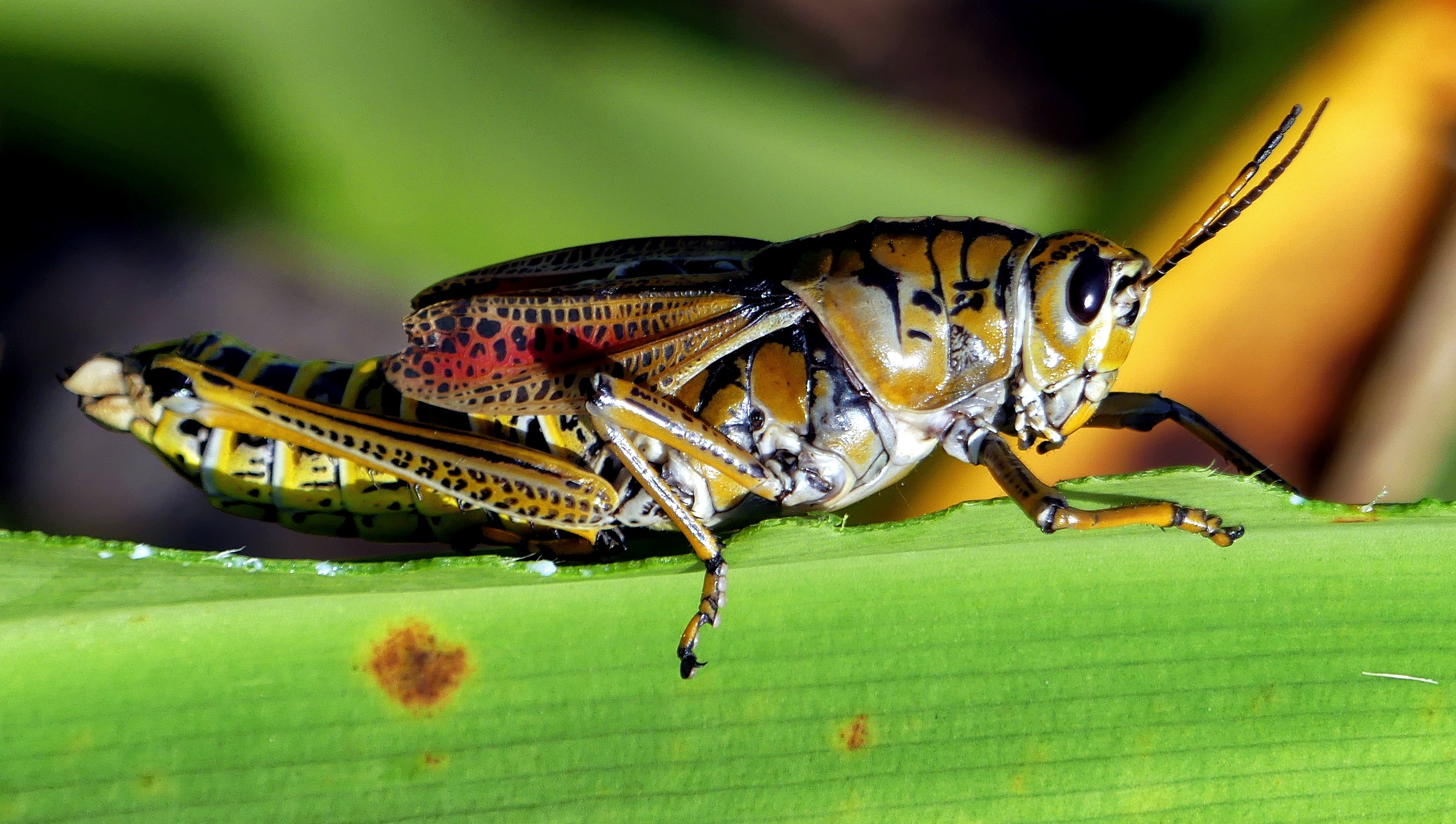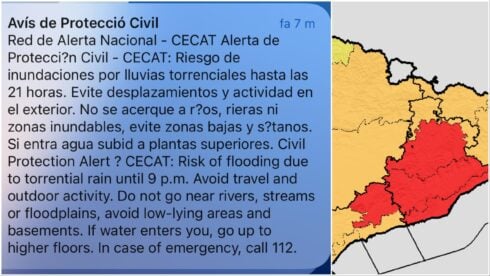RODENTS on the rampage in cities, cockroaches and flies on the uptick, a bacteria dubbed ‘the other coronavirus’ wiping out Spain’s olive trees …
COVID-19 is bringing pestilence to our doorstep and turning the natural world upside down. And that’s not half of what we can expect in 2020 – prophetically, the Chinese Year of the Rat.
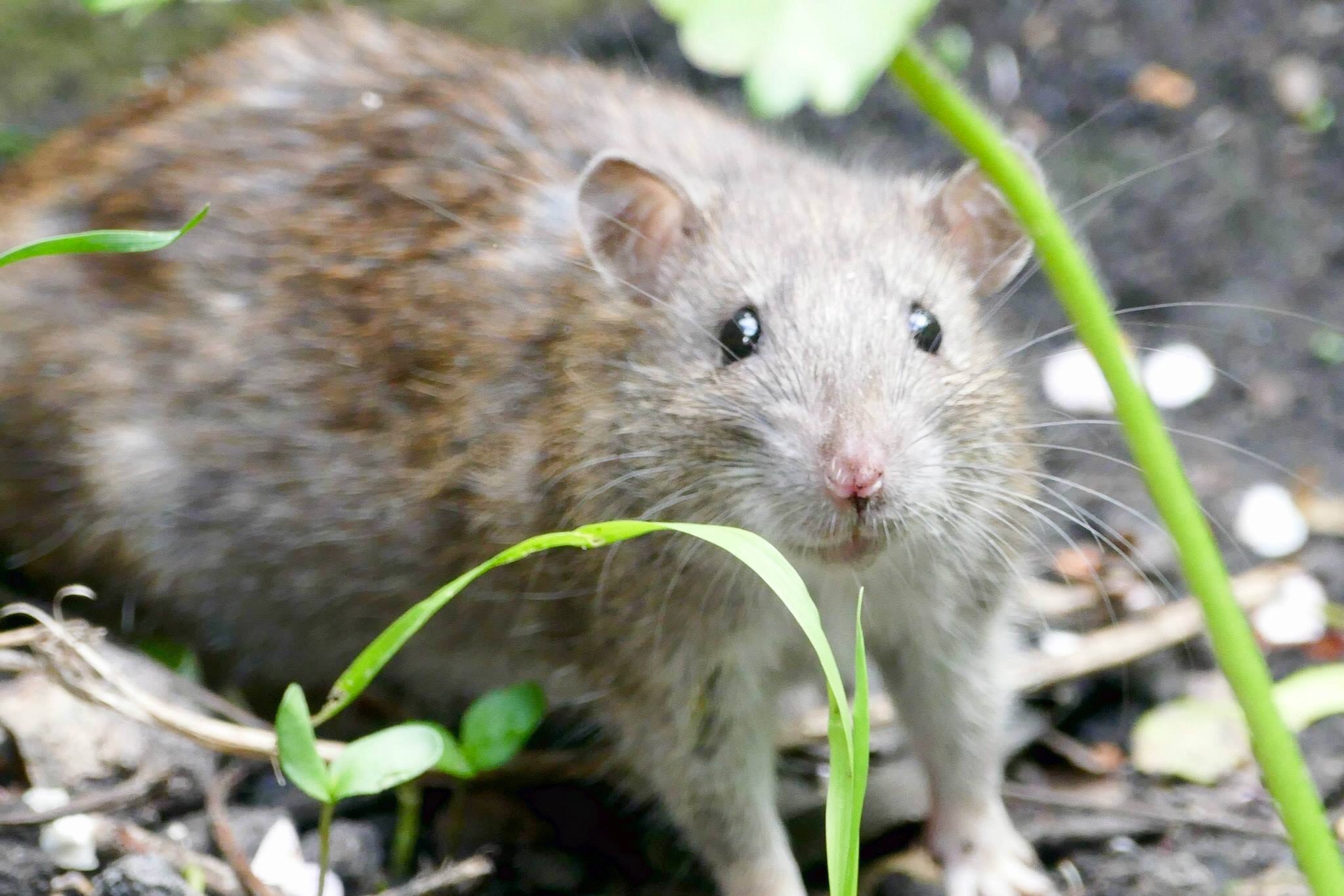
Whoever thought there would come a time when we’d see peacocks strutting in the streets of Madrid or wild boar trotting through downtown Barcelona.
As people around the globe change their daily behaviour to slow the spread of COVID-19, the absence of people is having a ripple effect throughout the ecosystems of the world.
Experts anticipated that many pests would flourish as a direct result of decreased human activity, especially in and around urban areas.
Rats in particular have come out of hiding as lockdown eliminates litter on the ground and rubbish in bins. Some have even taken to the streets in broad daylight and invaded homes in a frantic search for food.
According to Favio Ulloa, of Prestige Pest Services, New Jersey ‘There could be about two million rats running around in New York City.’ Coronavirus may have put paid to Chinese New Year celebrations this January but their Year of the Rat is living up to its name.
In Spain and the UK it’s not only rats that are running rampant. Both countries have seen an uptick in cockroaches and flies. Add the seasonal invasion of mozzies and other pests as the summer months approach, and unwanted visitors are out in force.
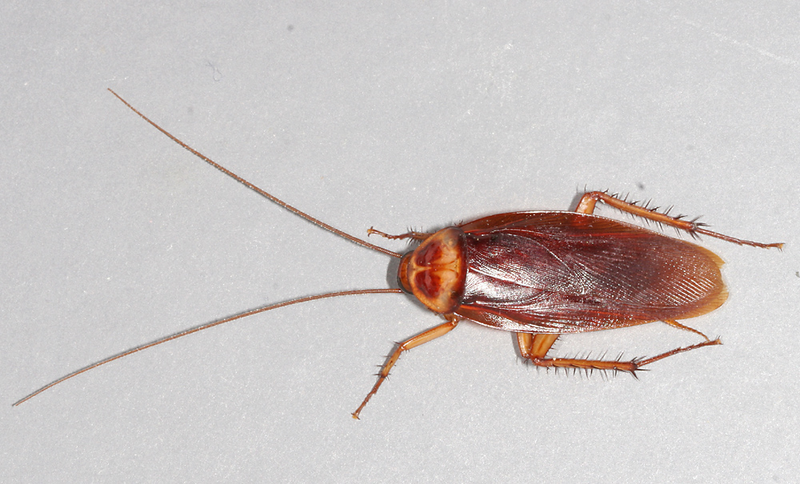
Pest control is already in action on the frontline of public health and agricultural sectors worldwide; and now their work could prove even more essential as unwelcome critters flourish during the coronavirus outbreak.
A town in the province of Malaga has recently spent over €5,000 on batches of Torymus sinensis wasps in order to protect its chestnut productions.
They are the natural predators of the Chinese chestnut wasp which has been wreaking havoc on chestnut production in the Malaga town of Farajan.
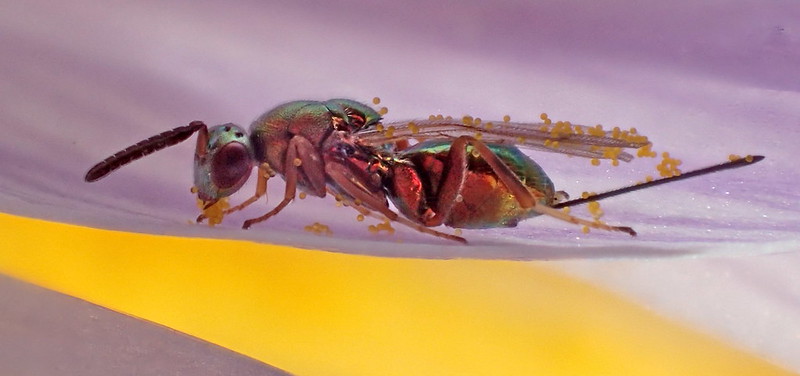
They are not a new threat – the area has suffered from this winged plague for the last five years resulting in the almost total destruction of the chestnut crops behind Marbella’s La Concha mountain. However treatment during the pandemic is crucial.
“Animals are always quick to adapt and, as a result, we expect that many pest species will flourish because of these necessary global measures,” according to PelGar International, leading British manufacturer of insecticides around the world.
Meanwhile, failure to act in time is having a detrimental effect on the fight against Xylella in Italy where the dangerous bacteria affecting olive trees has been nicknamed ‘the other coronavirus’
Xylella, neglected in Italy as the country battled to control COVID-19, has resulted in 600 new cases, 100 of them in olive trees with no containment measures.
“The coronavirus pandemic cannot be an excuse for not dealing with emergencies like Xylella, an epidemic that is threatening the extinction of olive groves throughout the Mediterranean,” says Carmela Riccardi, president of the Association of the Comité Libero Anti-Xylella.
In Spain meanwhile, the first outbreak of Xylella fastidiosa was detected at the end of 2016 in Mallorca.
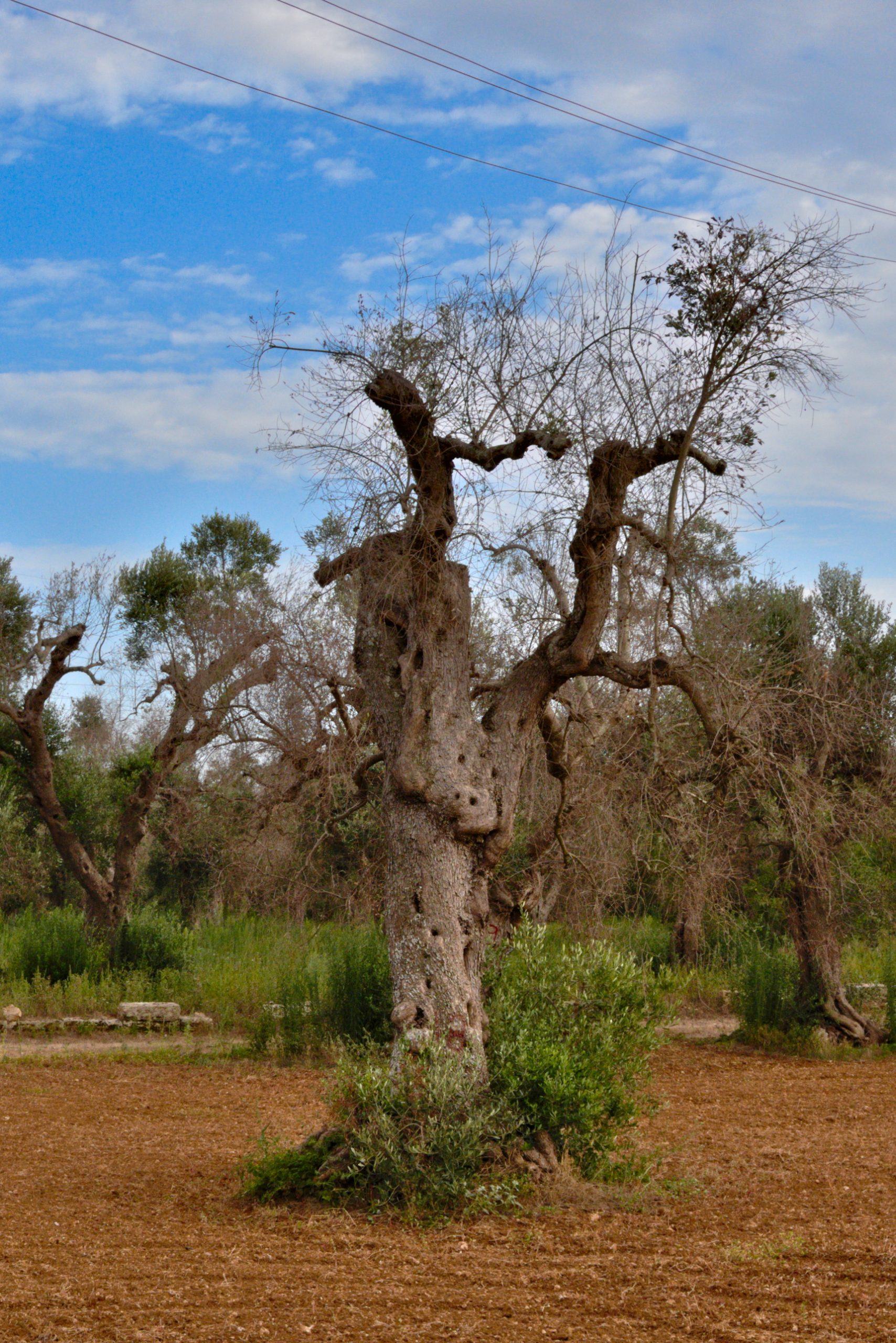
Subsequently, numerous other outbreaks have been recorded in the Balearics while in June 2017 it was detected for the first time on the Iberian Peninsula, specifically in almond plantations in the Alicante town of Guadalest.
More recently, in 2018, its presence was reported in olive groves of Villarejo, Madrid.
The disease could cost billions of euros over the next 50 years in Spain, Italy and Greece, the three countries most susceptible to the bacterium because of prevailing climatic conditions. Together, they account for almost 95% of European olive oil production.
As a result, severe restrictions are being placed on imports of olive trees and lavender bushes, where Xylella also thrives, in an effort to halt the deadly infection.
Another big threat is posed by the lethal red palm weevil (Rhynchophorus ferrugineus), first detected in Spain in 1993 in the Granada coastal towns of Motril and Almuñecar. This invasive species hitched a ride on palms imported from Egypt causing astronomical damage to palm trees as it spread along the coast, running up ‘billions of euros’ in bills for treatments to curb its rampage.
Huge economic damage, border restrictions on imports … sound familiar?
Controlling coronavirus and harmful pests on a global scale have many similarities.
A key question on deciding the best course of action in both cases is whether to focus on eliminating the harmful species entirely or controlling its spread to prevent the next outbreak.
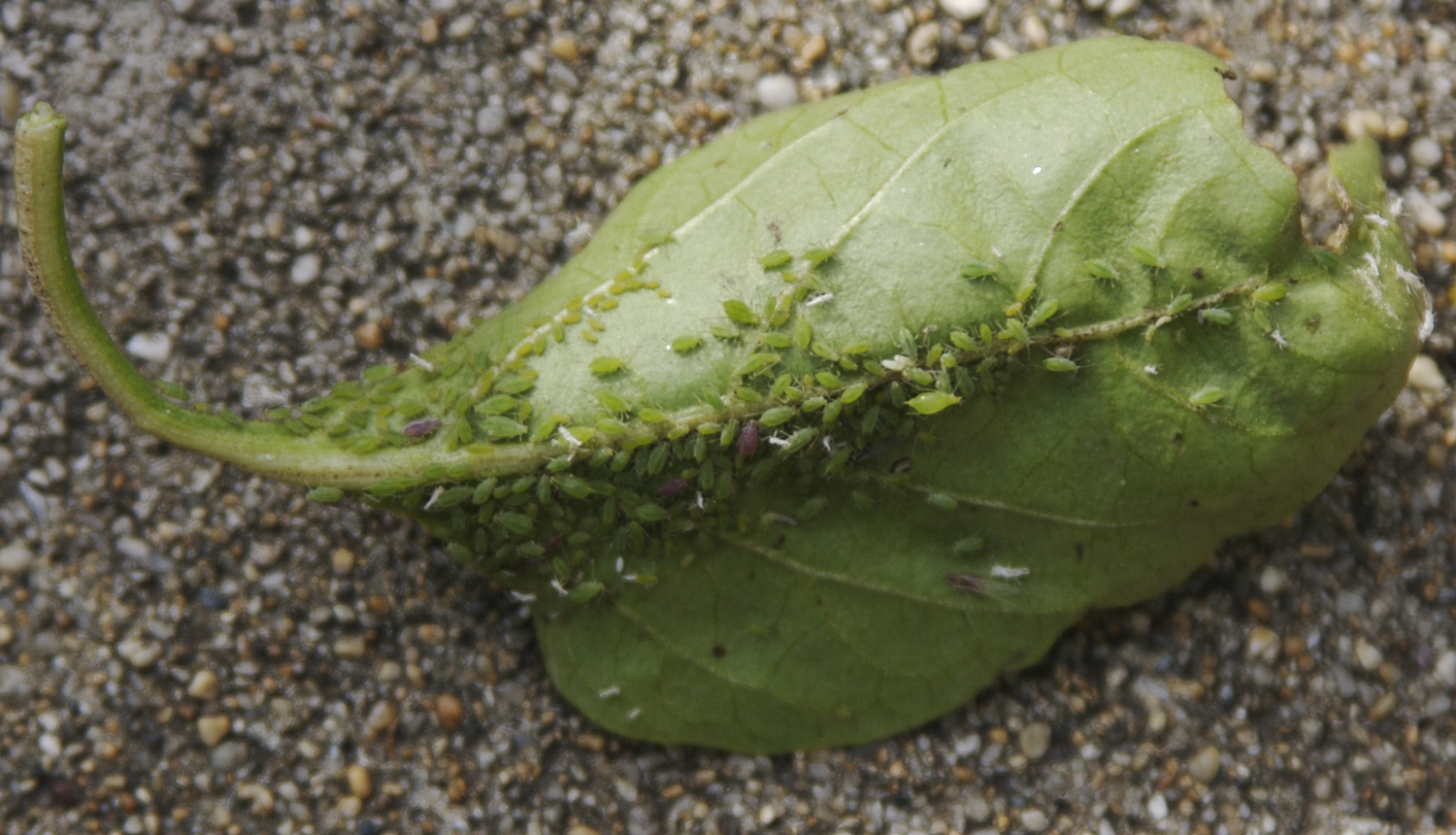
According to Adam Lampert, an assistant professor with the School of Human Evolution and Social Change at ASU, three factors determine whether the species should be controlled or eradicated: the annual cost of maintaining the controlled population, the natural growth rate of the harmful species, and its response to the treatment.
Meanwhile, on the other side of the Covid coin, lockdown could be endangering wildlife.
The Spanish National Research Council (CSIC), together with CREAF, an ecological and forestry institute attached to Barcelona’s Autonomous University, warn that the reduced presence of people in open spaces is creating ‘a false perception that cities are suitable places to live’.
Lockdown is effectively an ecological trap for many animals.
The coronavirus outbreak has coincided with the breeding season of many species. Birds are nesting in areas that were previously avoided due to human activity and noise pollution. When traffic returns to normal levels, the chances are offspring will suffer.
But environmental organisations such as the Spanish Ornithological Society (SEO Birdlife) and the World Wildlife Fund stress that the reduced human presence in urban areas will not last long enough to alter the behaviour of fauna.
In the meantime, animals are reclaiming what used to be their natural habitat. Peacocks have invaded the streets of Madrid, a giant eight-metre shark was videoed prowling the waters off Granada, and dolphins in Mallorca are swimming in water once polluted with sewage.
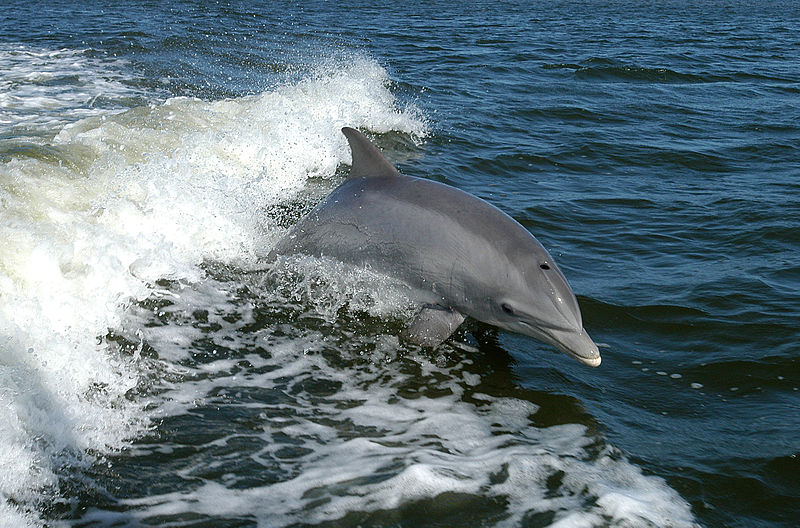
The pandemic is turning nature upside down but who knows, it just might be our opportunity to create a new and better world.
Did You Know?
Rodents, cockroaches and bedbugs are the most widespread pests in Spain.
Other destructive animals and harmful creepy crawlies found in Spain include:
Wild boar which have become so numerous that they now venture into towns, even camping out in Barcelona and Madrid. Fencing off the countryside to try to keep them at bay is complicated and the more time the boars spend in urban areas, the more fearless they become and encroach increasingly on non-rural zones.
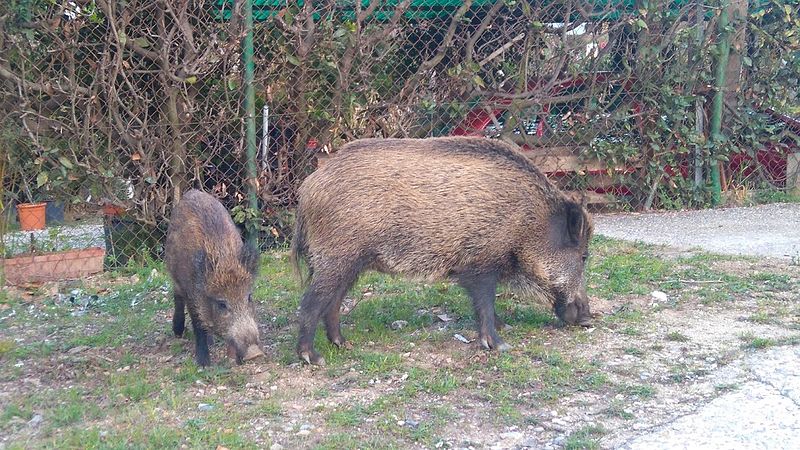
The Asian predatory wasp (Vespa velutina): These formidable hornets, measuring 3cm long, first flew into Spain in 2010. The invasive species hails from northern India and China.
Fortunately, velutina does not pose more danger to humans than other native wasp species, however cases of allergic reactions to stings have increased in recent years.
Processionary Pine Caterpillars (Thaumetopoea Pityocampa): Don’t be deceived by their cute and furry look, avoid touching! They are extremely dangerous to children and dogs.
That said, the species is protected in Spain and can be found all over the national territory.
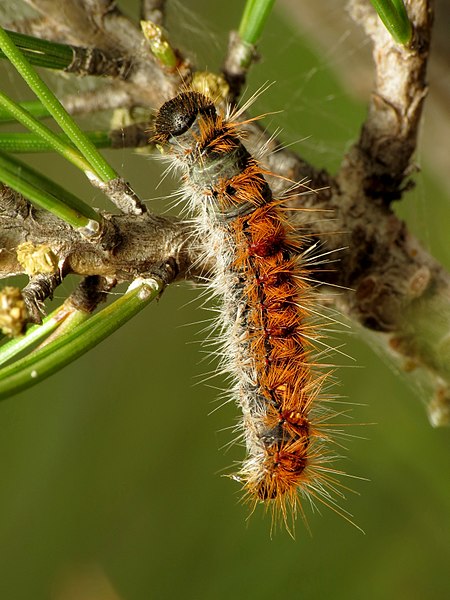
Spiders: There are over 1,700 species of arachnid in Spain, but only four are in any way harmful to humans. The ones to watch out for are the Mediterranean tarantula, the Mediterranean funnel web, the black widow and the brown recluse spider.
Scorpions: Buthus Occitanus, the common yellow scorpion, has a painful sting and when food is lacking, the females are known to eat the males. You might also come across the European black scorpion but it’s sting is less painful than a bee’s.
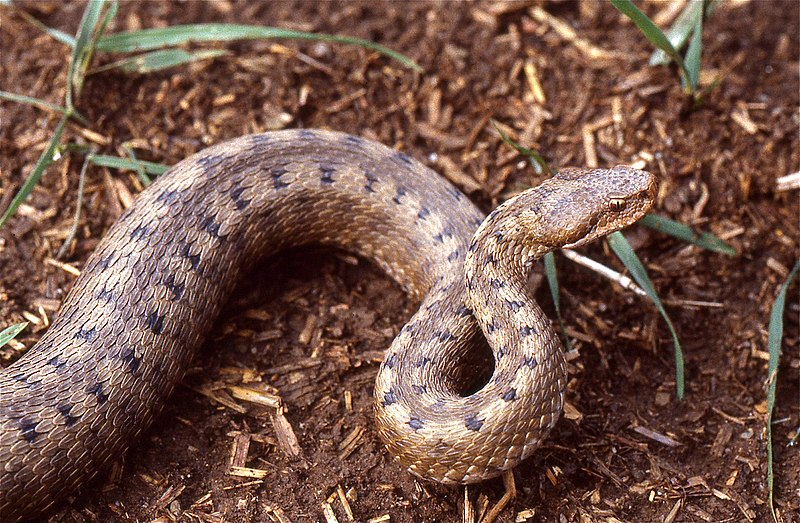
Snakes: There are 13 different types of slitherer in Spain, five of them fatal to humans. Beware of the asp viper, Lataste’s viper (aka snub-nosed viper), Seoane’s viper, false smooth snake and the den adder or common viper
Fortunately, of the estimated 50 snakebite deaths a year in Europe, only three to six occur in Spain.
Click here to read more Nature News from The Olive Press.

